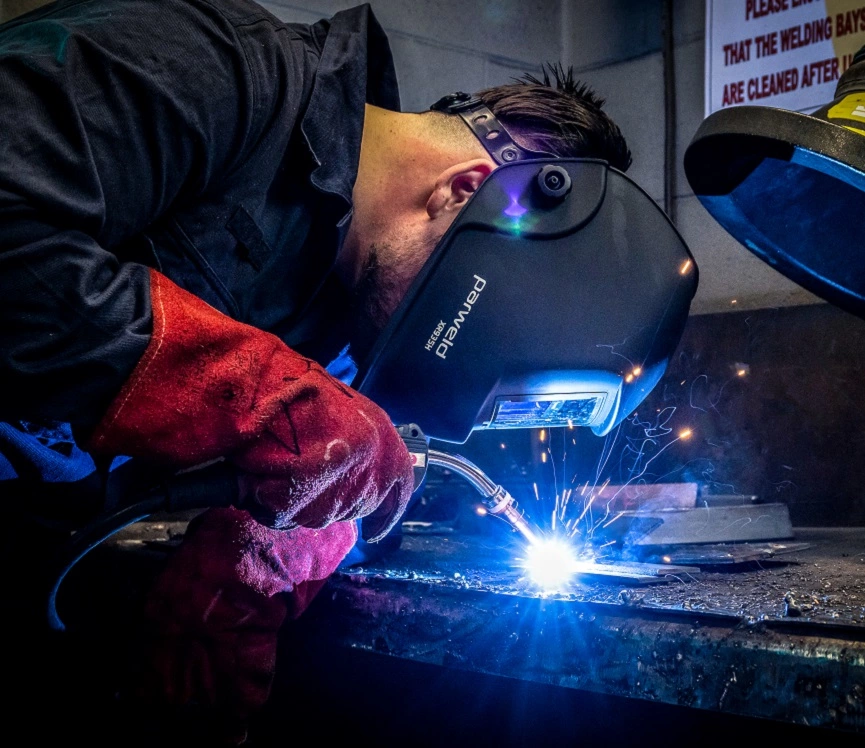- Courses
- Subject areas
- A Levels
- Access to Higher Education
- Animal Management
- Applied Science
- Art & Graphic Design
- Beauty Therapy
- Bricklaying
- Business, HR & Accounting
- Carpentry & Joinery
- Computing & ICT
- Construction
- Courses for jobs (Adults)
- Creative Media
- Electrical Installation
- Engineering
- ESOL
- Foundation Education
- Hairdressing
- Health & Childcare
- Home Energy Centre
- Hospitality & Catering
- Institute of Technology
- Medway School of Arts
- Motor Mechanics
- Multi-Trades
- Music Production & Performance
- Online Learning
- Performing Arts
- Plumbing, Heating & Gas
- Public Services
- Sport, Fitness & Leisure
- Sustainable Construction Skills
- Teacher Training & Education
- Travel, Tourism & Aviation
- University level & professional courses
- Which course is for me?
- T Levels
- How to apply
- Study programmes
- Level 3 free courses for jobs
- Adult college courses
- Testimonials
- Subject areas
- Apprenticeships
- Apprenticeship vacancies
- Accountancy apprenticeships
- Business administration apprenticeships
- Construction trade apprenticeships
- Construction & civil engineering management apprenticeships
- Customer service apprenticeships
- Engineering apprenticeships
- Mechanic apprenticeships
- Apprenticeship Reforms & the Apprenticeship Levy
- Employer information
- Employers
- Help & advice
- News & events
- About us
- Maidstone Campus
- Medway Campus
- University Centre Maidstone
- MKC Training
- Jobs at MidKent College
- Term dates
- Leadership
- Governance
- Equality & diversity
- Strategic priorities
- Partner network
- Policy and privacy information
- Ofsted Reports
- Alumni
- Contact us
Engineering
Our large training workshops are among the best equipped in the country. We train the engineers of the future as well as those already working in the business. We make sure that the programmes we teach meet the needs through our links with local companies.
-
What will I learn?
You’ll study a wide range of practical and theoretical engineering elements before specialising. Specialisms include computer aided design (CAD), renewable energies, electronic circuit construction, plant technologies, microelectronics, digital electronics or product design! Maths will feature heavily in these programmes, so we’ll help you with that too.
Why choose a MidKent College Engineering study programme?
Our Engineering programmes suit those who are beginning their studies, right through to those looking to progress to university. The College also offers higher education courses in Engineering to develop your skills further. You’ll have the opportunity to work closely with local employers to ensure our programmes meet the skills needs employers are looking for.
What facilities and trips are available?
We have some of the best equipped training workshops in the country, enabling our students to learn in the optimal educational environment. Lessons will be distributed between practical workshops and classroom-based theory. The Engineering department organises trips to the Big Bang Fair, the Bloodhound Project and exchange visits to Belgium.
How is English & maths involved?
If you're aged 16-18 years old, English and maths will be part of your study programme. You'll study both subjects at a level to suit you. Engineers will need to be able to cost, plan and analyse projects. Good English and maths skills are key attributes an employer will be looking for.
Is an apprenticeship available?
Yes the College offers a wide range of Engineering apprenticeships from level 2 to level 6.
What have your past students gone on to do?
Many of our students have progressed into employment in the local engineering industry, or gained promotion in their workplace. Others have secured apprenticeships or gone onto further engineering related study at university.
What can I do afterwards?
There are a whole range of options available to you including electronic engineer, project manager and electrical engineer. Why not consider becoming an engineering technician, mechanical engineer or maintenance engineer?
What’s the difference between an Engineering course and a study programme?
Traditionally you may have studied an Engineering course, where you would only study the qualification, such as electrical engineering, health and safety and renewable energy. An Engineering study programme is so much more than an Engineering course!
This change to study programmes is due to national feedback from employers saying young people need to have more than just a “qualification”; they need to have the skills to work in their chosen industry. A study programme encompasses the subject qualification, English and maths skills as well as work experience and personal development skills. You can read more about study programmes read more about study programmes here.
Contact us
By phone: 01634 402020
By email: Contact us online.
Courses
Title
Level
Study Mode
Start Date
HNC in Electrical Engineering
HNC
8th Sep 25
HNC in Manufacturing Engineering
HNC
8th Sep 25
HNC in Mechanical Engineering
HNC
8th Sep 25
Level 1 in Performing Engineering Operations
Level 1
F/T (>29 weeks)
8th Sep 25
Level 2 Apprenticeship in Engineering Operative (Fabrication/Welder)
Level 2 Apprenticeship
8th Sep 25
Level 2 Apprenticeship in Engineering Operative (Maintenance)
Level 2 Apprenticeship
8th Sep 25
Level 2 Apprenticeship in Engineering Operative (Mechanical Machinist)
Level 2 Apprenticeship
8th Sep 25
Level 2 in Performing Engineering Operations
Level 2
F/T (>29 weeks)
8th Sep 25
Level 3 Apprenticeship in Machining Technician
Level 3 Apprenticeship
9th Sep 24
Level 3 Apprenticeship in Maintenance & Operations Engineering Technician
Level 3 Apprenticeship
13th Sep 24
Level 3 in Engineering
Level 3
F/T (>29 weeks)
8th Sep 25
Level 4 Apprenticeship in Engineering Manufacturing Technician
Level 4 Apprenticeship
Roll On Roll Off
9th Sep 24
Level 4 Apprenticeship in Lead Engineering Maintenance Technician - Electrical and Electronic
Level 4 Apprenticeship
Roll On Roll Off
8th Sep 25
Level 4 Apprenticeship in Lead Engineering Maintenance Technician - Mechanical
Level 4 Apprenticeship
Roll On Roll Off
8th Sep 25

